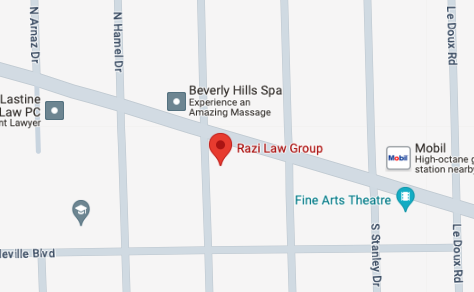Frequently Asked Questions
Q: How do I know if I have a personal injury case?
A: First, you must have suffered an injury to your person or property. Second, you should consider whether your injury was someone else’s fault. It is not always necessary to have a physical injury to bring a personal injury lawsuit. Some personal injury claims could be based on a variety of nonphysical losses and harms. In the case of an assault, for example, you do not need to show that a person’s action caused you actual physical harm, but only that you expected some harm to come to you. You also may have a case if someone has attacked your reputation, invaded your privacy, or inflicted emotional distress upon you.
Q: How soon after I am injured do I have to file a lawsuit?
A: Every state has certain time limits, called “statutes of limitations,” which govern the amount of time you have to file a personal injury lawsuit. In some states, you may have as little as one year to file a lawsuit arising out of an automobile accident. If you miss the deadline for filing your case, you may lose your legal right to damages for your injury. Consequently, it is important to talk with a lawyer as soon as you suffer or discover an injury.
Q: What should I bring with me for my meeting with a lawyer?
A: You should provide a lawyer with any documents that might be relevant to your case. Police reports, for example, contain eyewitness information and details about the conditions surrounding auto accidents, fires, and assaults. Copies of medical reports and bills from doctors and hospitals will help demonstrate the extent and nature of your injuries. Information about the insurer of the person who caused your injury is extremely helpful, as are any photographs you have of the accident scene, your property damage, and your injury. The more information you are able to give your lawyer, the easier it will be for him or her to determine if your claim will be successful. If you haven’t collected any documents at the time of your first meeting, however, don’t worry; your lawyer will be able to obtain them in his investigation of your claim.
DISCLAIMER: This site and any information contained herein are intended for informational purposes only and should not be construed as legal advice. Seek competent legal counsel for advice on any legal matter.




